30 January 2020
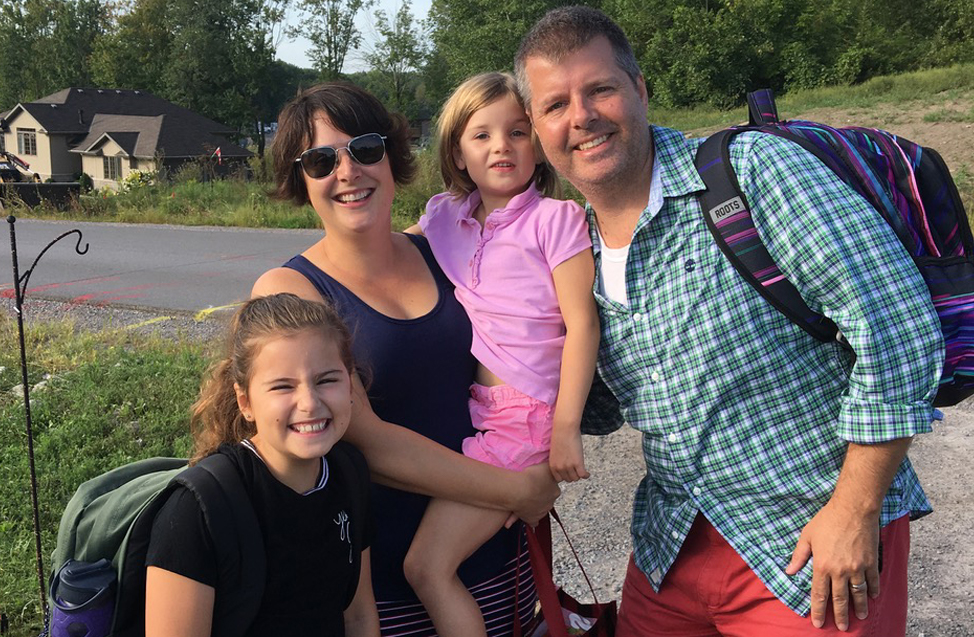
Jason Zielke
A320 Captain and Route Instructor
Bachelor of Applied Science (Civil Aviation)
A320 Captain and Route Instructor, Jason Zielke, always knew he would eventually end up above the clouds piloting his very own airplanes. Recalling as a child how exciting it was to visit Adelaide Airport and for him to receive a wave from the pilot in the cockpit, he’s always been particularly enraptured by the idea of flying all over the world.
Here he gives us a little insight to his life in Japan, how he became a Captain and leader at Peach Aviation, and what it took to achieve his dreams.
Jason also explains the power of having good people around you, what his wife and two children have taught him, and why he still keeps in contact with his classmates 25 years later.
1. You call yourself an Airline Professional, A320 Captain and Route Instructor, would you be able to expand on your work and these particular roles?
Presently, I work for budget carrier airline, Peach, based in Kansai, Japan. My official title is an A320 Captain and Route Instructor. What does this mean? Well it means I am the Captain of the aircraft (or what’s called the pilot-in-command). We have a fleet of A320, 180-seat, short haul passenger jets flying domestically (within Japan) and internationally within Asia. Being an airline pilot, my schedule is not always the same – my days vary anywhere from early morning to midnight red-eye flights.
Additionally, I am also a route instructor. This entails teaching new pilots how to fly our aircraft and how to operate the aircraft according to our company standard procedures and within our route network throughout Asia. New pilots range in experience from veteran captains from other airlines to newly licensed co-pilots with little or no previous experience.
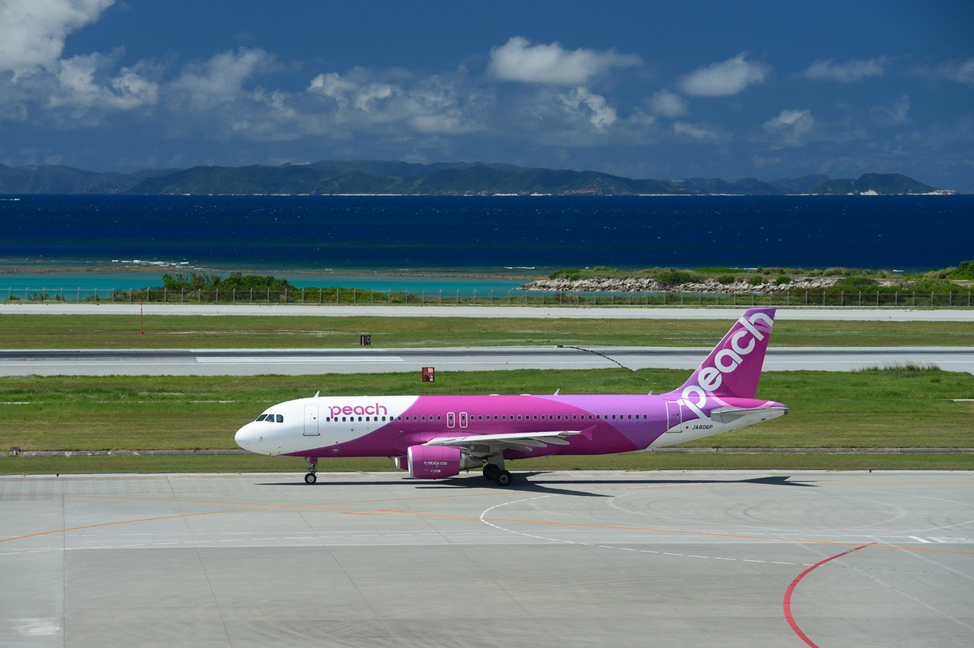
2. Did your love of airplanes and flight begin in childhood? Could you tell us about when you decided to pursue this professionally?
The story about my love of aviation is somewhat clichéd. As a young boy growing up in Adelaide our summers were very hot. I recall spending time with my grandparents during these hot summers and not having air conditioning at home they would take me to public attractions, and most importantly to the Adelaide Airport. Whilst I enjoyed the libraries and the museums, and the respite from the heat that they provided, I remember being captivated by the airport.
I can recall spending hours looking at the Vickers Vimy (British heavy bomber aircraft) display located in the parking lot of the airport and then inside the terminal watching all the aircraft arrive and depart their gates. On the odd occasion a pilot would wave from the cockpit and I would be enraptured with the idea of flying one day myself and being that pilot waving to other children from behind the cockpit windows. This was all before you had to do security screening to go to the departure gates… how times have changed.
From a young age I had this connection with aviation and as grew I realised that if I wanted to fly, if I wanted to be that pilot who was waving through the window, it was up to me to make it happen.
There were always two routes to take in aviation, one being civil flying and the other being military. At the age of 13 I enrolled in the Air Training Corps (now the Australian Air Force Cadets) where I nurtured my love of flight and appreciation for the Royal Australian Air Force. It was during my time at cadets where I experienced my first training flights and I can still recall the exhilaration of conducting my first solo flight in a glider at the Adelaide Soaring Club in Gawler.
Whilst the cadets had given me so much and a military career was definitely attractive, I realised that I wanted to go to university, I wanted to further my academic education. I researched possible courses (science was where my strengths were) and I found the University of South Australia’s Applied Science (Civil Aviation) degree program. I could combine academia and my love of aviation into one course, it was perfect, and I knew right away that I wanted to join this program. With hard work and determination, I was accepted, and in 1995 I commenced as a freshman at the Levels campus.
The rest they say is history!
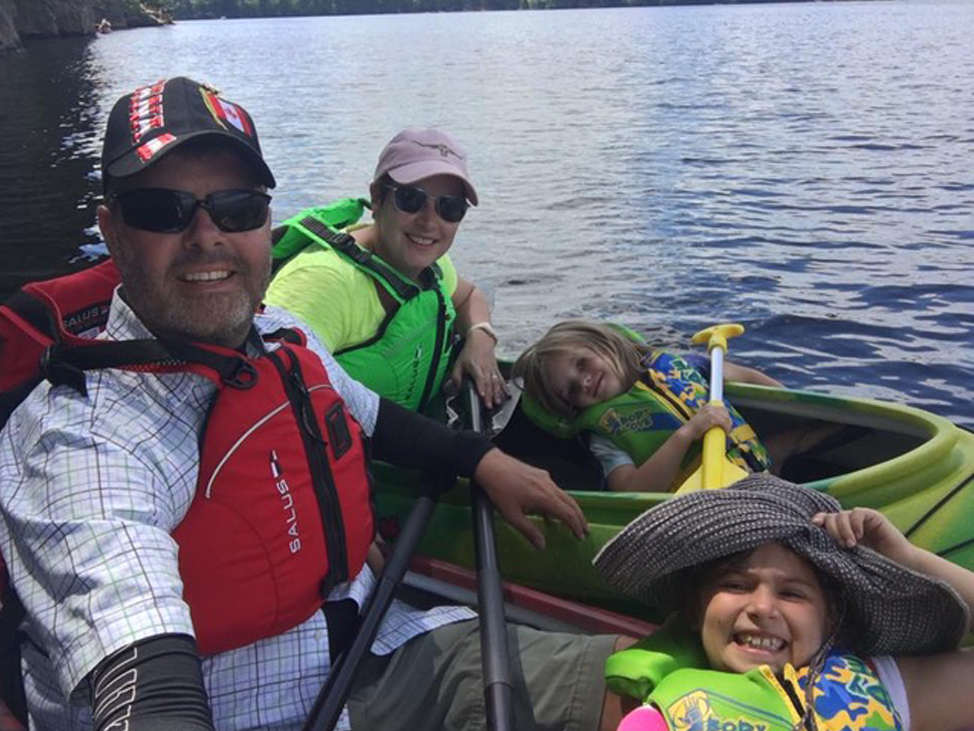
3. What do you remember from your time studying Applied Science (Civil Aviation) at UniSA?
Aside from the technical and academic aspects of the degree I remember a great deal from my time at the university. Our Chief Pilot, and the head of our course at the time, Roy Garthwaite, stands out. His unwavering commitment to his students, his dry and pointed wit, his absolute professionalism and his whole-hearted desire to see us, the next generation of aviation professionals, be successful is something that I will never forget.
My classmates of 1995 are still very important people in my life to this day. The journey of learning during the degree program nurtured some of the closest interpersonal relationships I have. We were all young, eager and like-minded individuals at the start of our course, and by graduation we were a coherent group of supportive young adults.
I have regular, near daily, contact with some of my former classmates, and regular contact with most others. I still keep in touch occasionally with previous lecturers and former staff of the university too.
4. How did you end up in Japan working for Peach and other Japanese airlines?
I was working for a small family-owned and operated airline in Mount Gambier at the time. I was newly married and my wife and I were starting to make a new life for ourselves. We realised together that there were many opportunities throughout the world and it would be exciting to undertake a new adventure together.
At the time, airlines in Japan were seeking qualified pilots to crew their expanding fleets. So, in 2006, we decided to move to Japan and I commenced working for All Nippon Airways (ANA) flying turboprop aircraft. I worked for the All Nippon Network as a Captain for six years. As the aviation industry started to expand rapidly in Japan, a new low-cost airline, Peach Aviation, was created.
I was fortunate to transfer to this new company in 2013 and become part of the training department responsible for teaching the next generation of crews to take the airline to even greater success in the future which is where I am today.
Recalling as a child how exciting it was for me to receive a wave from the pilot in the cockpit, I always try to engage with my passengers – especially the children – greeting them with a smile and an enthusiastic wave when I can.
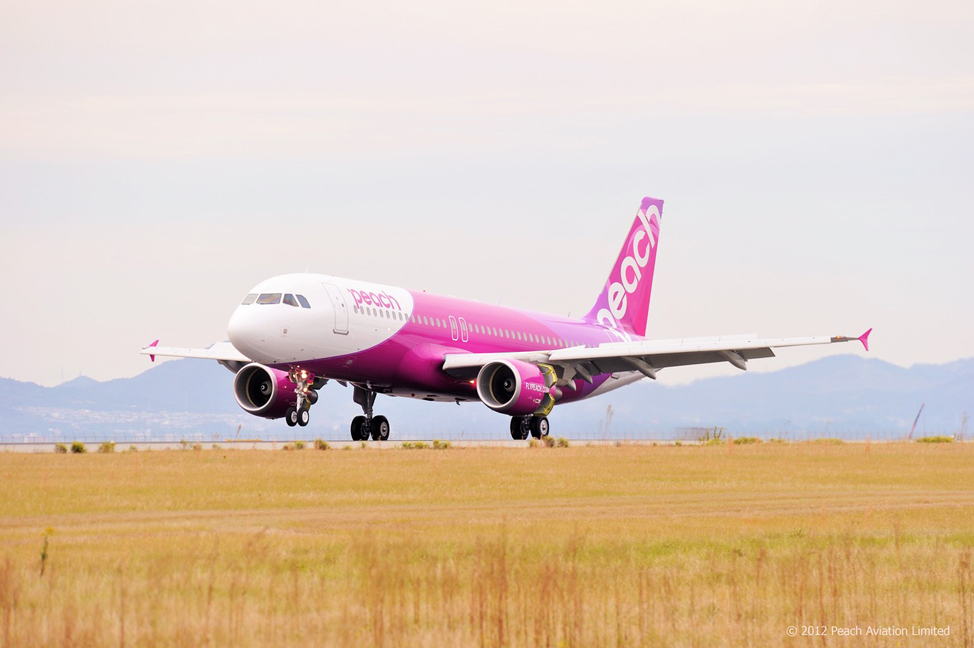
5. You have also listed your role as a husband and father on LinkedIn as something you take great pride in – which is very refreshing. Could you explain a little more about this and what this role in your life means to you as well?
For me, this is one of the most important questions.
Single-minded, dogged professional determination will make you successful. I have no doubt about that. But, I firmly believe that having people around you who support you, challenge you, comfort you, and guide you can give you a perspective on life which you might otherwise overlook.
My wife, Jessica, has been instrumental in my development as a professional, and quite simply as a human being. She has taught me the value in relationships, how to better nurture them and how to embrace the differences in people and places. As a sociologist Jessica’s personality type is quite different to mine. Jessica brings the balanced, educated, and thought-provoking perspective I might have missed.
My children are an extension of my relationship with Jessica. While my wife and I guide them through their journey of childhood and learning, they also teach us about the importance of relationships, forgiveness, patience, and love.
When I combine the personal relationships within my family and the academic and professional skills, I feel I have become a more well-rounded individual who is responsive to a greater number of life’s challenges.
6. Could you name any particularly proud moments – personally or professionally?
Proud moments include graduating university, getting married to my wife, Jessica in 2005, the birth of our two children in 2009 and 2012.
I guess when you combine the questions into ‘personally or professionally’ I will gravitate towards the ‘personally’ spectrum of achievements. This is not because I don't consider my professional achievements significant at all, but I feel that my professional life is part of who I am personally. People experience me as a person. You are reading these answers as a person, not as an aviation professional, so I feel that is more important to me overall. Being a professional pilot is what I do, how I interact with the people around me is who I am as person.
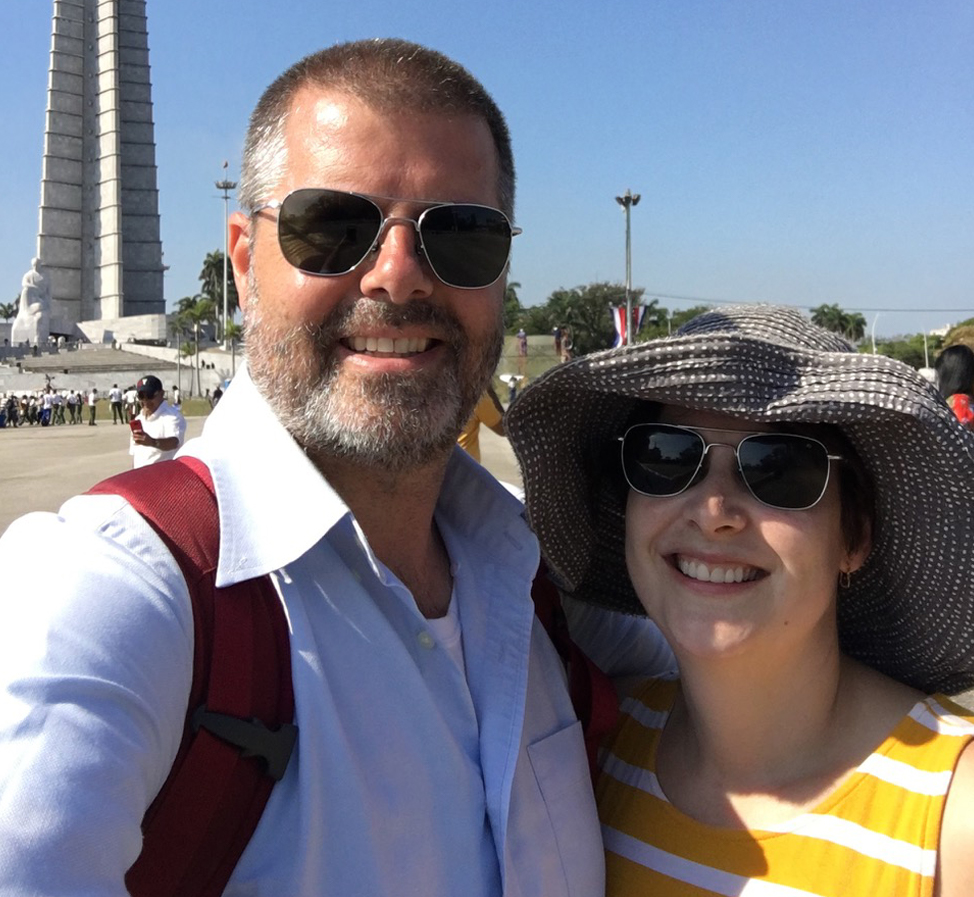
7. Have there been any particularly challenging moments in your career?
After graduation, there was an abundance of new pilots throughout Australia. I was fortunate enough to be employed by the University as an instructor. 1998/1999 was a great time and a difficult time. It was great since I could pass along the skills and knowledge I had acquired at university to the new classes who followed mine, and difficult in that I knew my relatively stable existence at uni was coming to an end. A big fish in a little pond kind of analogy.
My life that I had become accustomed to at the university needed to evolve. I had to mature and enter the bigger world. I used the advice of Roy to help guide my decisions. He was acutely aware of the of the issues of supply and demand regarding pilots and he knew that it would only be a matter of time before the industry realised it required the services of more highly educated trained professionals.
Of course, he was correct. I started my first commercial job at Wagga Air Centre flying freight in early 2000, and my first airline job for O’Connor Airlines based in Mount Gambier in late 2000.
8. When you are not working, how do you like to spend your time?
When I’m not working I spend time with my family. Being a team at home is as important as being a team at work. I try to alleviate the emotional and physical stresses my wife has accumulated while I was away at work. I volunteer at our children’s school. I’m a handyman so I’m forever fixing things the kids have broken! I also love to cook and host dinner parties. I love hosting as I get to see the interactions between my guests and how it can break down barriers and nurture interpersonal relationships.
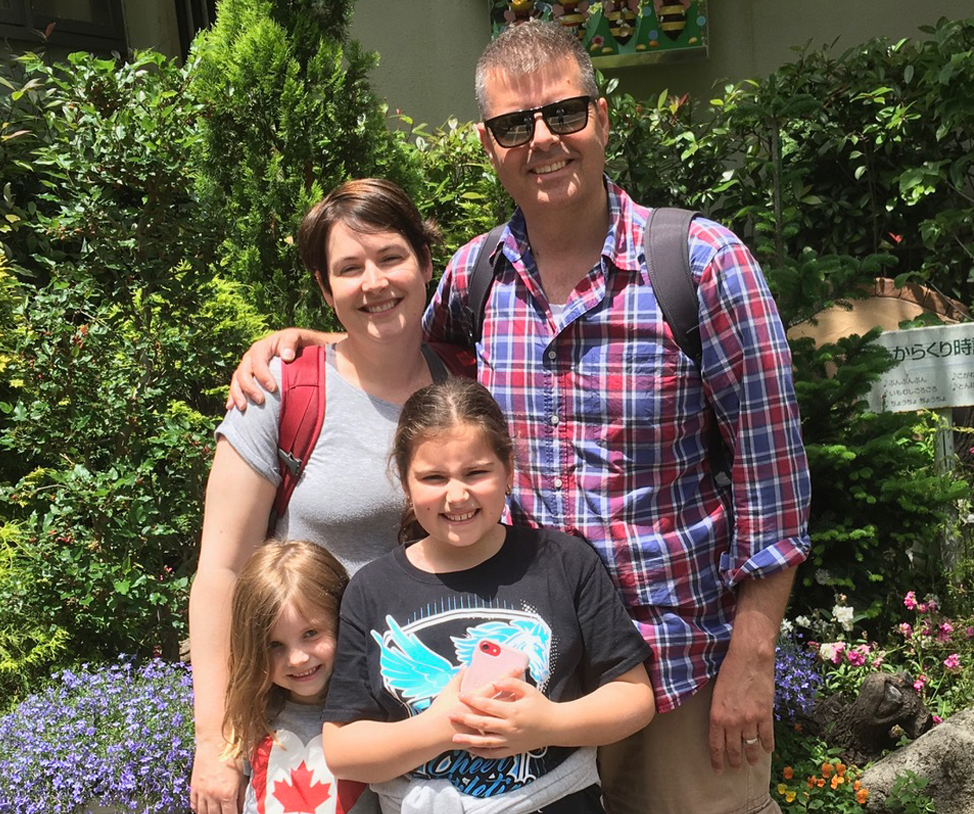
9. Could you share any travel tips you have for us less experienced travellers?
Okay, travel tips… I have some.
- Look for signs at the airports to help guide you – usually airports have clearly marked signs, but not always in the most obvious locations. Look up and down, many signs are above our eye level but some are below eye level. Some airports have signage on the ground in the walkways or carpets, and many have overhead signs near the ceilings or roof. Be alert.
- Pack light – you rarely use all the stuff you take in a suitcase, unless you’re going backpacking for months, then you’ll use everything until it falls apart.
- Be prepared when you walk up to check-in, security, and boarding gates – have your documents in your hands ready to go, passport, boarding passes etc. We all know security checkpoints can be troublesome, but being prepared by getting your laptop out early will save frustration for you and your fellow travellers.
- Don't pack everything you can think of in the seat pocket in front of you – the seatbelt sign will go off at some point and the three magazines and two novels you purchased in the terminal will be nice and fresh when you take them out from the overhead locker after departure. All you should have in the seat pocket is your wallet or purse and passport… Think of it, if something untoward happens and you have to get out quickly all you should grab is your passport and wallet or purse – that's it!
- Also… The first rule about chemtrails is: we don't talk about chemtrails.
10. Do you have a favourite place to fly?
Adelaide. It’s my hometown, its where I learned to fly, and it will always have a special place in my heart.



